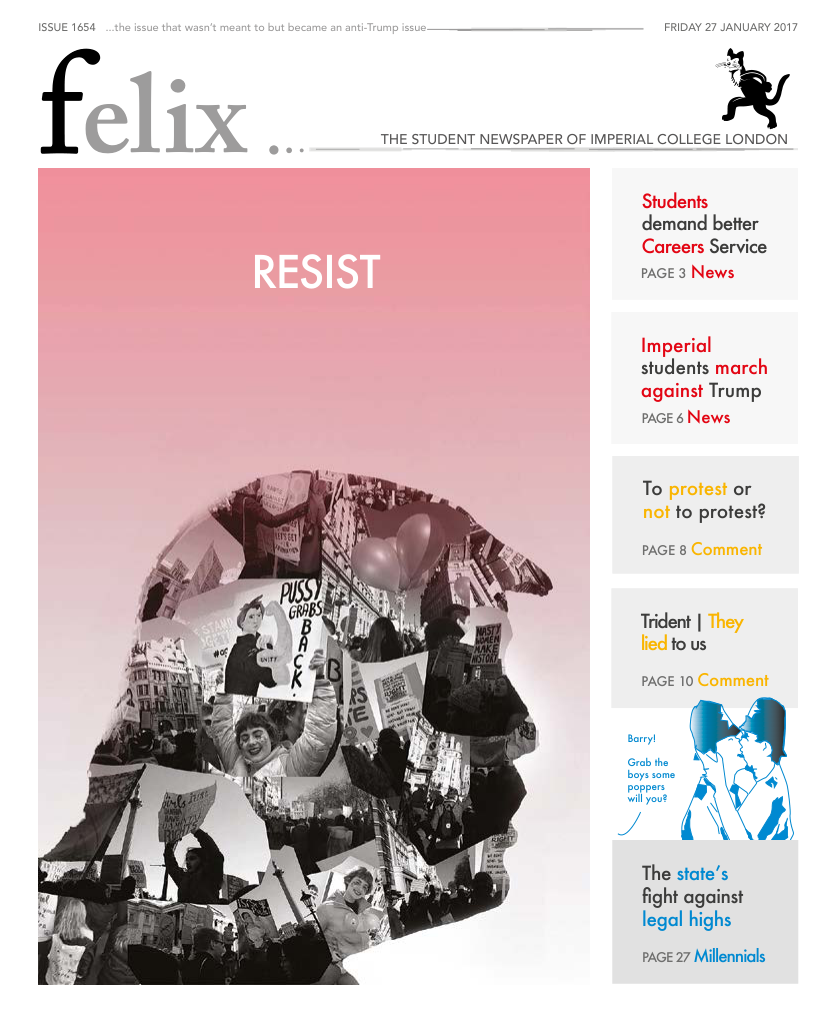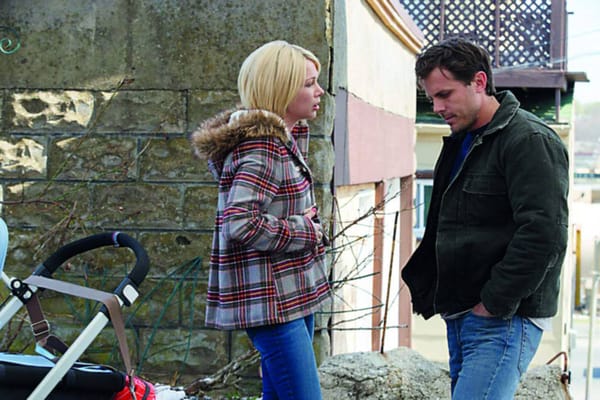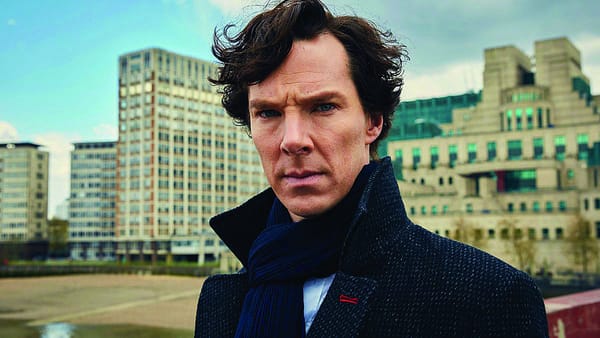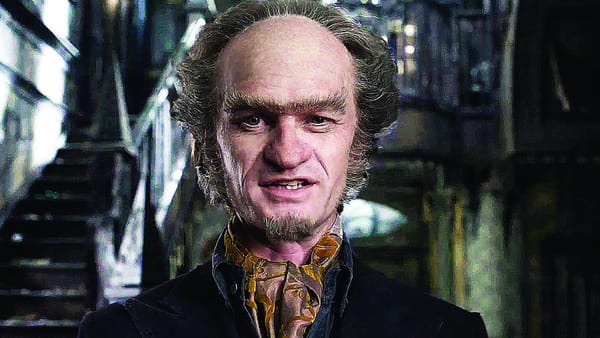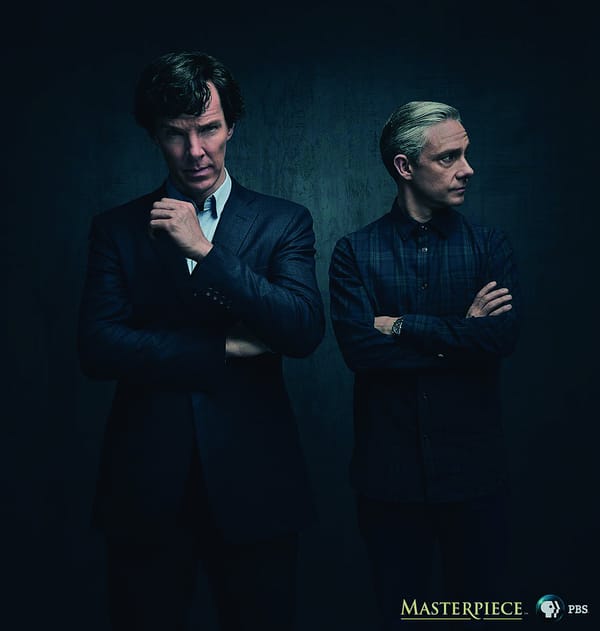There will never be another Camelot
Chilean director Pablo Larraín makes his English-language debut with Jackie, a simmering biopic of first lady Jackie Kennedy, played masterfully by Natalie Portman, in the days following her husband’s assassination
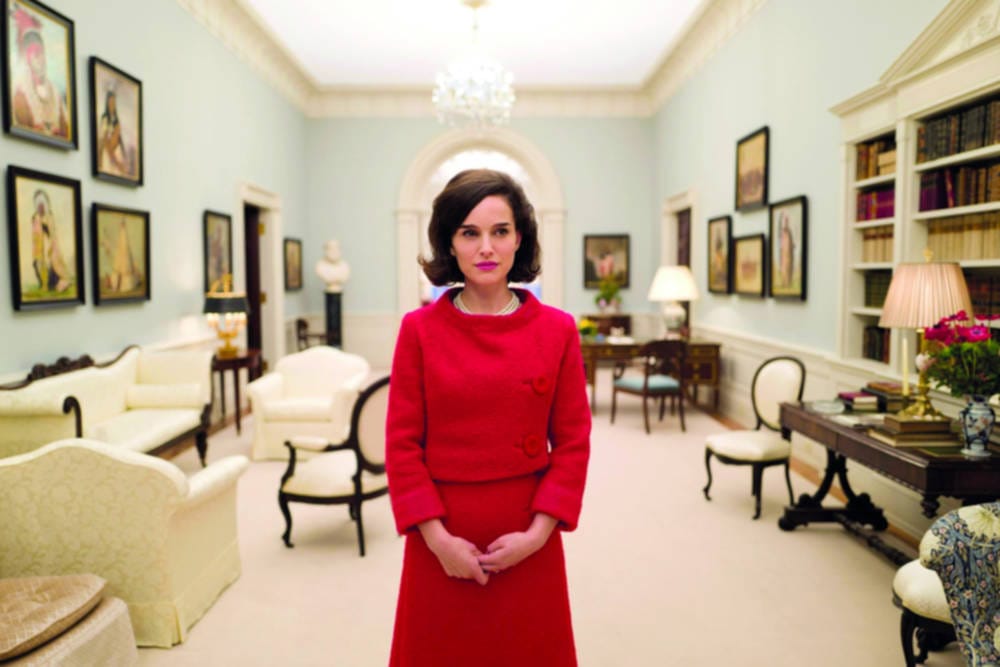
The first feeling I had when viewing the trailer for Jackie was a familiar weariness: here was a story that sounded interesting, but was to be packaged in a three-hour-long portentous montage of shots of Natalie Portman looking sad out of windows. What I am happy to report, however, is that Jackie – the first english-language film by Chilean director Pablo Larraín, probably best known in the UK for his Gael García Bernal-starring 2012 film NO – is a wrought, tense, and immensely powerful drama, one that has not left my mind for days.
The screenplay by Noah Oppenheim is an extremely impressive piece of writing, expertly weaving multiple timelines and interactions into a straightforward story. The narrative straddles a number of timeframes, but is underpinned by an interview for LIFE Magazine, conducted a week after her husband’s assassination by Billy Crudup’s unnamed journalist. From the front room of Jackie Kennedy’s house in Massachusetts, we flick back and forth between the assassination itself, Jackie’s 1962 televised tour of the white house, and meetings with various characters in her life.
The supporting cast is comprised of many fine performances, with a particular highlight being Peter Sarsgaard – who is endlessly charismatic and mercurial in any role he is given – as John F. Kennedy. The film also features Greta Gerwig, Richard E. Grant, John Carroll Lynch, and John Hurt, whose Irish priest character seems to be unsure in what accent he is supposed to be speaking. Since most of the film is spent in Boston and the wider Massachusetts area, it is inevitable there is an Irish priest, but Hurt’s accent seems to slip from Dublin, back to his own, and then somewhere in-between.
Noah Oppenheim’s screenplay is an extremely impressive piece of writing, expertly weaving multiple timelines and interactions into a straightforward story
Larraín displays a huge amount of control and reserve in his depiction of the assassination and its brutal aftermath. It is a perfect demonstration of the effectiveness of controlled violence, where the explicit gore lasts merely seconds, but stays with you long after the scene ends. From the opening scenes, Larraín manages to maintain a pace that never feels self-indulgent. Each interaction and every shot of Portman feels important in creating this emotional landscape, and at no point in its one hour and 40 minutes’ running time did I feel bored. The camera is primarily focussed on Natalie Portman’s face, allowing us to see every quiver of the eyebrow, every pursing of the lips. At times Stephane Fontaine’s cinematography is almost claustrophobia-inducing, and in the most emotional scenes it seems almost too invasive, making you wish that the camera would step away from Jackie.
Natalie Portman’s performance is a masterful one, with every vocal tic, nuance, and the breathy lilt of Jackie’s voice being captured in a hauntingly perfect interpretation. There have been many reviewers who have described her performance as camp and alienating, and in all fairness, there are a few lines where the theatricality and archness of her delivery seem almost overacted. With that said, this is clearly intentional: Larraín shows us how Jacqueline Kennedy, the wife of a former congressman, has been thrust into the spotlight with no obvious desire to be famous, and as such has created this public persona as an extension of her husband’s political persona. The way she trips over her words during the white house tour, or the nervous darting of her eyes, casting around for support, add up to create a woman whose entire identity was contained within her husband and his career. From the moment she was left grasping the splintered fragments of her husband’s skull, this duality was shattered, and this theme is echoed throughout the film.
Natalie Portman’s performance is masterful, with every vocal tic of Jackie’s voice being captured in a hauntingly perfect interpretation
Indeed, this is found within the excellent Under the Skin composer Mica Levi. First of all, it is refreshing to find that the composer is not a middle-aged white man or Justin Hurwitz. Levi is the first female nominee since 2000, and one of only three women to have been nominated for scoring a film. The music hauntingly combines both synthesised keyboards and strings, and – like all great film music – works as a unique piece of art by itself. Even if you remember no melodies at all from the soundtrack, you will remember the hair-raising string leitmotif that starts the film: as the strings descend, they slur, almost out of tune, but eventually find a solid note upon which to remain transfixed. In a lot of ways, this main theme seems to be emblematic of Jackie herself. Her inner turmoil manifests externally as rambling about how Lincoln’s widow had to sell all their furniture and died alone, but towards the end of the film, as she dictates what may and may not be published in LIFE, we see her move past the grief to find her stability.
As the credits started to roll, and everybody remained in their seats for just a moment longer, there was one line that echoed through my head: “I have grown accustomed to what people believe and what I know to be real”. Jackie is an immersive examination of the dichotomy of public and private personas, but above that, it is a complex interrogation of grief and what the living must come to terms with once the dead are buried.

